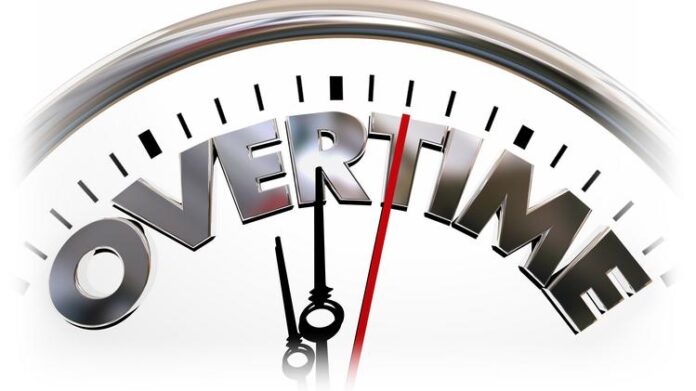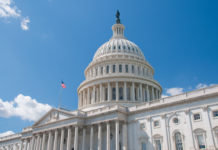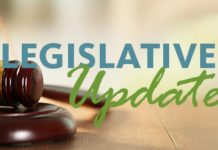On April 23, the U.S. Department of Labor (DOL) released a final rule relating to overtime exemption for employees performing executive, administrative, and professional duties – the so called “white collar” exemptions – under the federal Fair Labor Standards Act. The final rule steeply raises the annual salary that must be paid for an individual to be classified as overtime-exempt from $35,568 to $58,656, an increase of 65%. The total increase will be implemented in two steps, with the first taking effect on July 1, 2024, and the second on January 1, 2025. The rule also adopts a mechanism to update the earnings thresholds every three years, beginning July 2027, without a notice and comment rulemaking.
This LeadingAge article provides a summary of the final rule and urges providers to begin the process of assessing the impact on employees and planning for how their organizations will come into compliance. This DOL webpage provides additional information, along with links to the final rule and to an FAQ resource. LeadingAge had advocated that DOL should not implement such a significant increase in the salary threshold and should not adopt the auto-updating mechanism, but the Department did not depart from its initial proposal.





